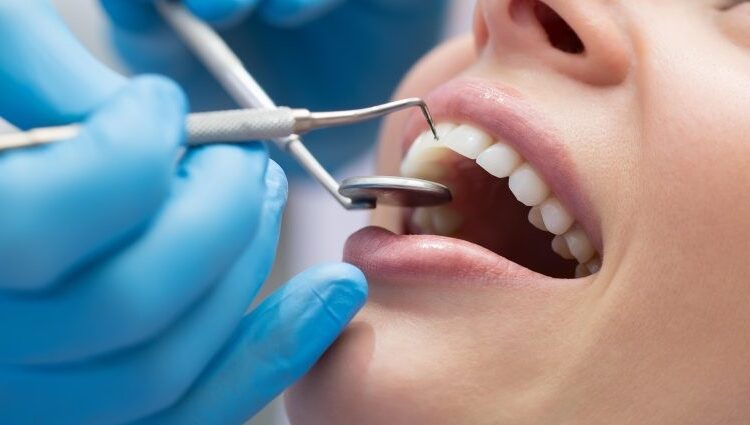When it comes to oral health, you may encounter a variety of licensed dental professionals who each play a unique role in providing care. While “dentist” and “dental practitioner” are often used interchangeably, these titles can mean different things depending on the country or context. Understanding the distinctions between these roles can help you make informed decisions about your dental care.
What Is a Dentist?
A dentist is a licensed medical professional trained to diagnose, treat, and prevent oral health issues. Dentists are responsible for a wide range of services, including routine check-ups, fillings, root canals, and even cosmetic procedures like teeth whitening. They often serve as the primary oral healthcare provider for patients, offering preventive and restorative care to maintain overall dental health.
Education and Training for Dentists
Becoming a dentist requires extensive education and training. Dentists complete a bachelor’s degree followed by four years of dental school, where they earn either a Doctor of Dental Surgery (DDS) or Doctor of Dental Medicine (DMD) degree. After completing dental school, they must pass licensing exams to practice as licensed dental professionals.
What Services Do Dentists Provide?
Dentists offer a comprehensive range of services, including:
- Preventive care: Routine cleanings, exams, and X-rays
- Restorative procedures: Fillings, crowns, and bridges
- Cosmetic treatments: Teeth whitening, veneers, and bonding
- Surgical procedures: Extractions, root canals, and dental implants
Dentists also focus on patient education, helping individuals develop healthy habits to prevent oral diseases and maintain a bright, healthy smile.
What Is a Dental Practitioner?
The term “dental practitioner” is broader and may refer to various types of dental professionals, including general dentists, dental hygienists, dental therapists, and other specialists who provide dental care. In some countries, dental practitioners may have different scopes of practice compared to traditional dentists, depending on their specific qualifications and local regulations.
Types of Dental Practitioners
There are several types of dental practitioners who serve essential roles in dental care:
- Dental Hygienists: Hygienists focus on preventive care, including teeth cleanings, fluoride treatments, and educating patients on oral hygiene. They work closely with dentists to ensure patients maintain good oral health.
- Dental Therapists: In certain regions, dental therapists are licensed to perform specific procedures, such as fillings and extractions, primarily for children and underserved populations.
- Dental Assistants: Dental assistants support the dental team by preparing patients, sterilizing instruments, and assisting with procedures, though they do not perform treatments themselves.
Each of these licensed dental professionals contributes to a patient’s overall oral care, with dentists often leading the treatment plan.
Key Differences Between Dentists and Dental Practitioners
While both dentists and dental practitioners are essential to oral healthcare, there are some important differences between the two roles.
Scope of Practice
Dentists have a broader scope of practice and can perform advanced procedures, such as root canals, extractions, and cosmetic treatments. Dental practitioners, depending on their role, may be limited to specific tasks, such as cleanings or basic restorative care. In some cases, dental practitioners must work under the supervision of a dentist, while dentists can work independently.
Level of Training and Education
Dentists undergo more extensive education and training compared to most other dental practitioners. While dental hygienists and assistants complete specialized programs that last from one to three years, dentists spend four years in dental school after completing a bachelor’s degree. This additional training allows dentists to diagnose complex issues and perform more advanced treatments.
Patient Interaction and Preventive Care
Dental practitioners like hygienists and therapists often focus on preventive care and spend significant time educating patients on proper oral hygiene. While dentists also educate patients, their primary role centers on diagnosing and treating a wider range of oral health issues. Together, these licensed dental professionals provide well-rounded care, with each member contributing to different aspects of a patient’s oral health.
Choosing the Right Licensed Dental Professional for Your Needs
Whether you’re visiting a dentist for a comprehensive exam or a dental hygienist for a cleaning, each dental professional plays a vital role in maintaining your oral health. If you need specialized care or have complex dental issues, a dentist is the best choice. For routine cleanings and preventive care, a dental hygienist or other practitioner within the team can offer valuable support.
Understanding the differences between a dentist and a dental practitioner helps you make informed decisions about your care and appreciate the role of each professional within a dental practice.










